Detaching from the Outcome: The Decluttering Skill No One Talks About
As an Amazon Associate and member of other affiliate programs, I earn from qualifying purchases.
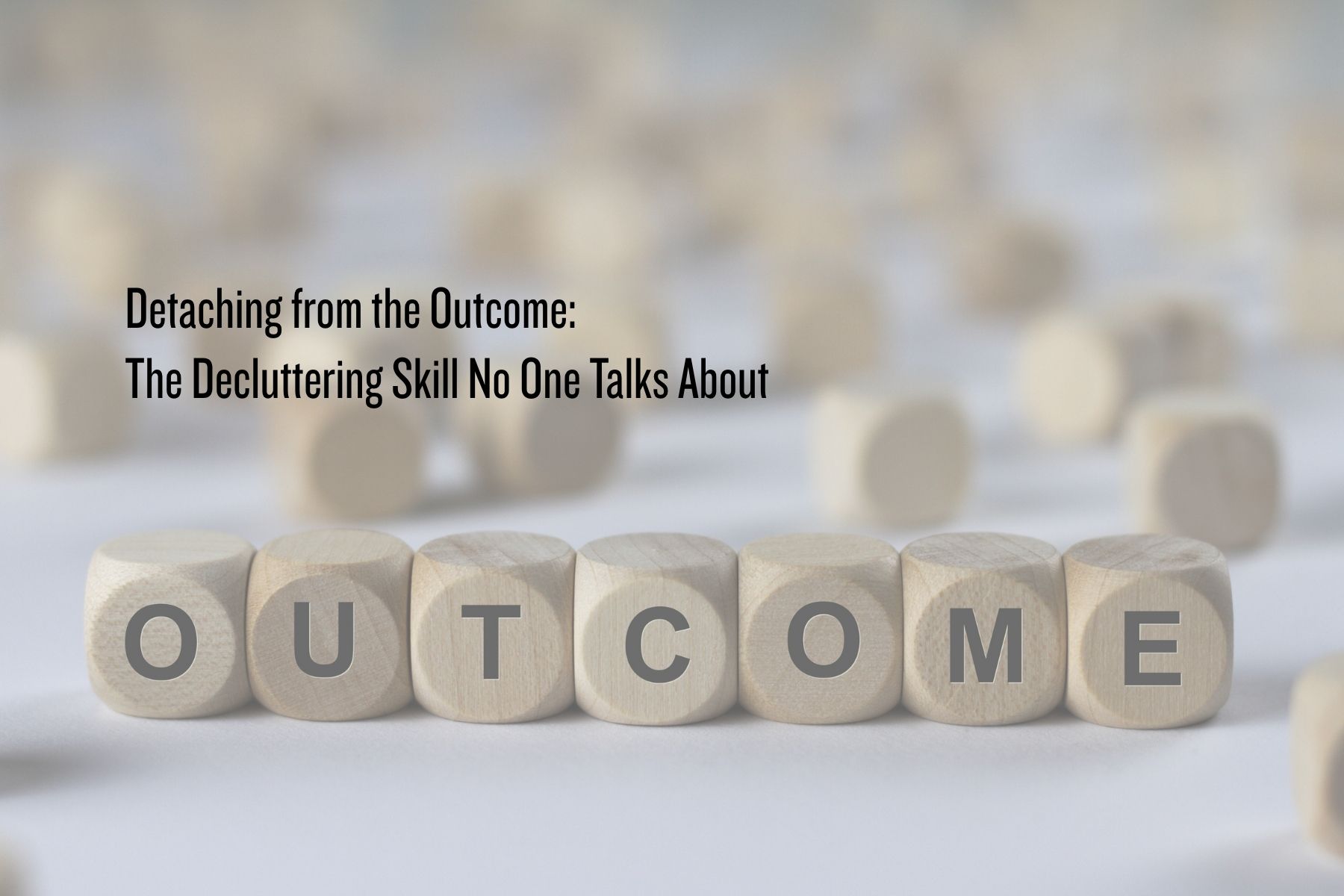
I recently had an epiphany about why some people have such a hard time following through on their decluttering goals. It came in the form of an exchange I had with a coaching client, who was making good progress on her journey but had gotten stuck and needed help. Here is what she wrote:
I get stuck on the little things…isn’t this sad? I have boxes and boxes of half used office supplies….pens, Post-its, paperclips, scissors, tape, envelopes, blank greeting cards. I’m sure if I threw it all away it would come to no more than $50 value, but I spend hours, days, trying to find the best home, the perfect donation recipient, the empty drawer for all the little things that have no home.
So many folks struggle with a version of this hidden emotional trap: ‘what is going to happen to the things I declutter after I let them go?’ I see (and hear) it all the time. So what is the solution to this tricky problem? Detaching from the outcome.
This is a concept that comes from Dialectical Behavior Therapy (DBT.) It is a mindset that helps to reduce emotional suffering when you can’t control how things turn out. Let’s take a little tour through the basics of this mindset so you can use it if the need arises.
Why You’re So Attached To The Outcome
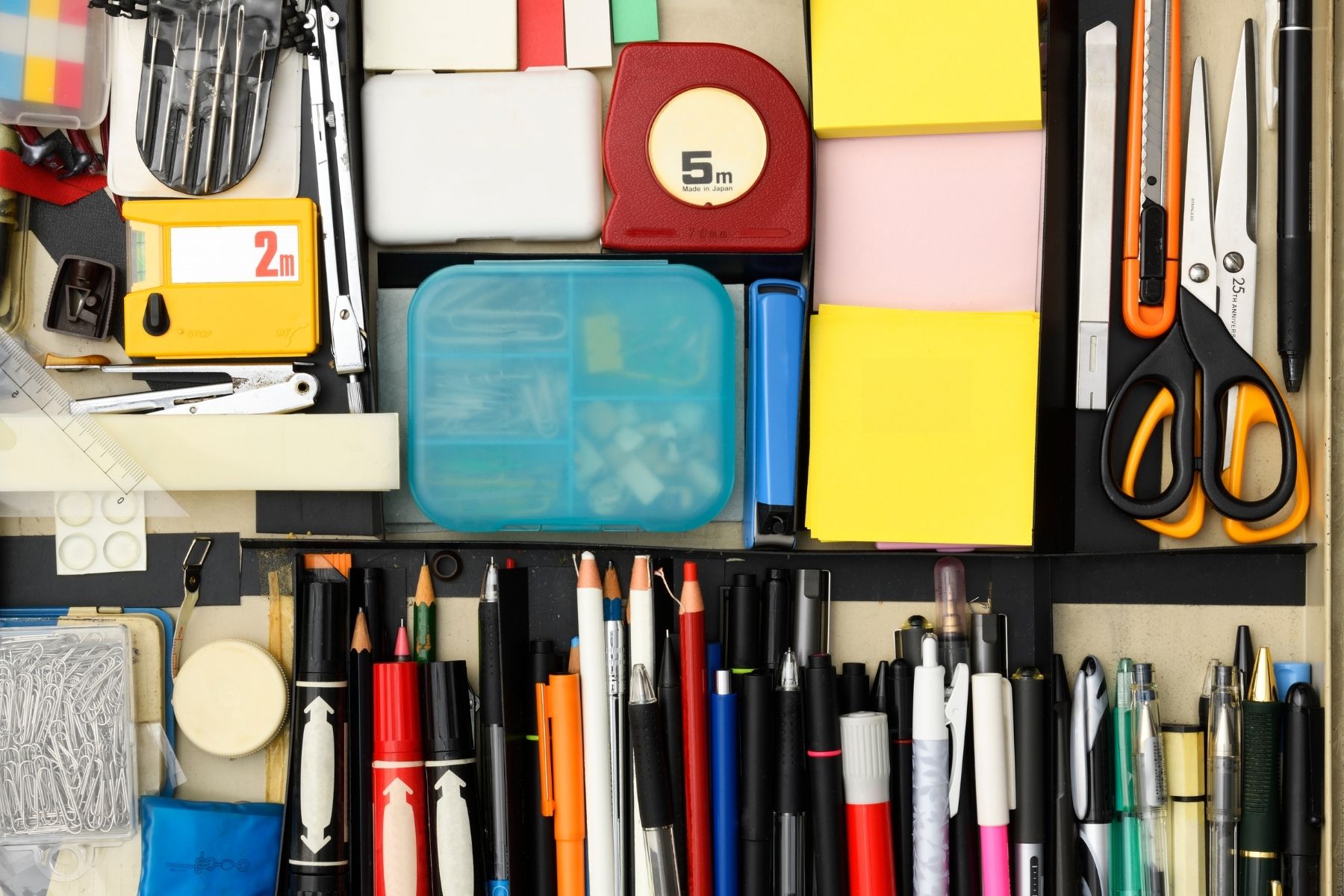
Do any of these sound familiar?
“I can’t donate this until I know someone will love it as much as I did.”
“I’ll let it go once I find the right person for it.”
“I can’t throw it away — it feels wasteful.”
Letting something go without knowing it’s exact fate after you do feels like a betrayal of values. And that’s what stops you in your tracks. Your intentions are good, but the attachment to the future outcome prevents you from achieving your decluttering goals.
Attachment to outcomes can come disguised as responsibility, sentimentality, and even anxiety. It’s not laziness, it’s care that has tipped into control. So if you’ve ever said, “I can’t let this go until I know it’s going to someone who deserves it,” you’re not being sentimental — you’re being outcome-attached. And now that you can recognize when it’s happening, you can practice detachment.
What Detaching From The Outcome Looks Like

In DBT they teach ‘Do the next right thing and release the rest.’ So letting go of the thing(s) you are decluttering is the ‘next right thing.’ Once you’ve done that you need to release yourself completely from what happens next. Here’s what that looks like:
- First, notice what is happening in your brain: ‘I can’t let this go because…’
- Next, move to Wise Mind. ‘It’s okay to care about this and it’s okay to let it go’
- Now, Radical Acceptance. ‘I can’t control what happens next.’
- Finally, do the next right thing. ‘I’ll donate it and let that be enough.’
This takes some practice, but just like every other new skill, it gets easier over time.
How to Practice Detaching From The Outcome

Detaching from the outcome is a mindset shift. And mindset shifts usually require lots of coaching. If you are shifting your mindset without a coach, here are some scripts you can use to practice. Keep them handy when you’re decluttering – this mindset shift stuff doesn’t just happen because you read a blog or article, you actually have to practice it!
Notice the attachment to outcome: “I’m worried about what will happen to this item after I’ve let it go”
Before letting go: “I’ve done my part to rehome this item.”
When guilt hits: “It’s okay to care and still release.”
When uncertainty creeps in: “This item’s story continues without me.”
The more you do it, the better you get at noticing the intrusive thought and flipping the script in your head. Decluttering is the perfect activity to practice this skill because it’s pretty obvious when it’s happening – but this is a skill you can apply in lots of areas of your life! (for instance, I use it in my practice of parenting adult children!)
More Resources
If you’re interested in diving deeper I have a terrific book to recommend. It’s Stress Resets, by Jennifer L. Taitz, PsyD, ABPP. It’s very digestible, structured as great advice for specific situations and I use it all the time with clients and to coach myself through hard moments! And if you struggle with the emotional side of decluttering, my online course Clearing Emotional Clutter dives deeper into exactly this kind of mindset work and how it relates specifically to decluttering.
When you detach from the outcome while decluttering, you’re not just releasing your stuff – you’re releasing yourself from the mental grip that keeps you tethered to it. And once you’ve made space for the things that matter, you can trust that what you’ve released will find its way to what’s next, whatever that is ❤️


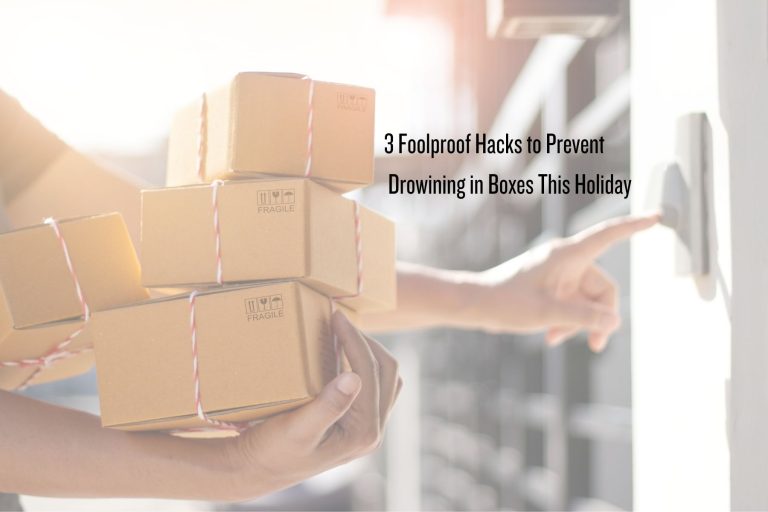


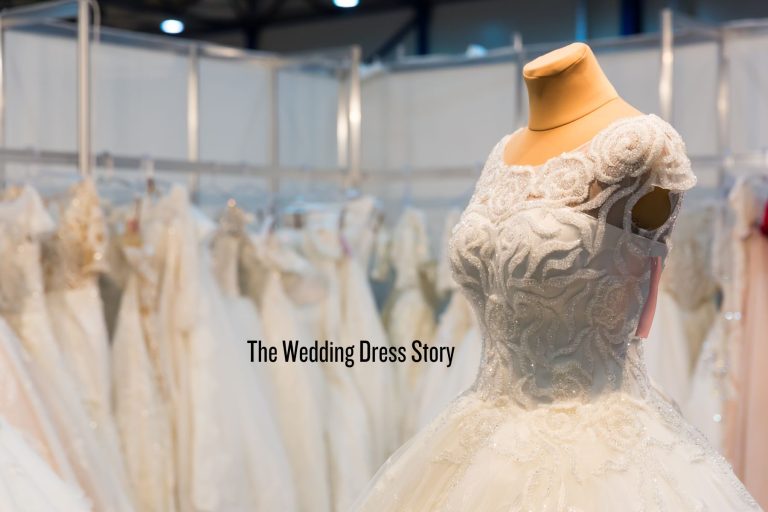
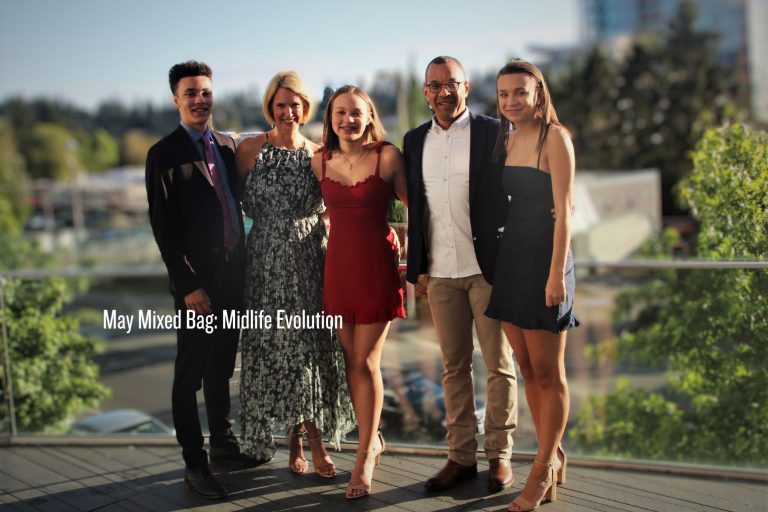
Hi.
I am trying to help my partner de-clutter. Love has overcome my initial reaction to her home – “I can’t move in with all… this… ” as I indicated the boxes and magazines etc. I have managed to detach myself from the clutter and help her do little at time without getting “stressy” or controlling with her. I think I need a better word for “clutter” though… it kind of diminishes the things she holds dear. Any ideas?
thanks